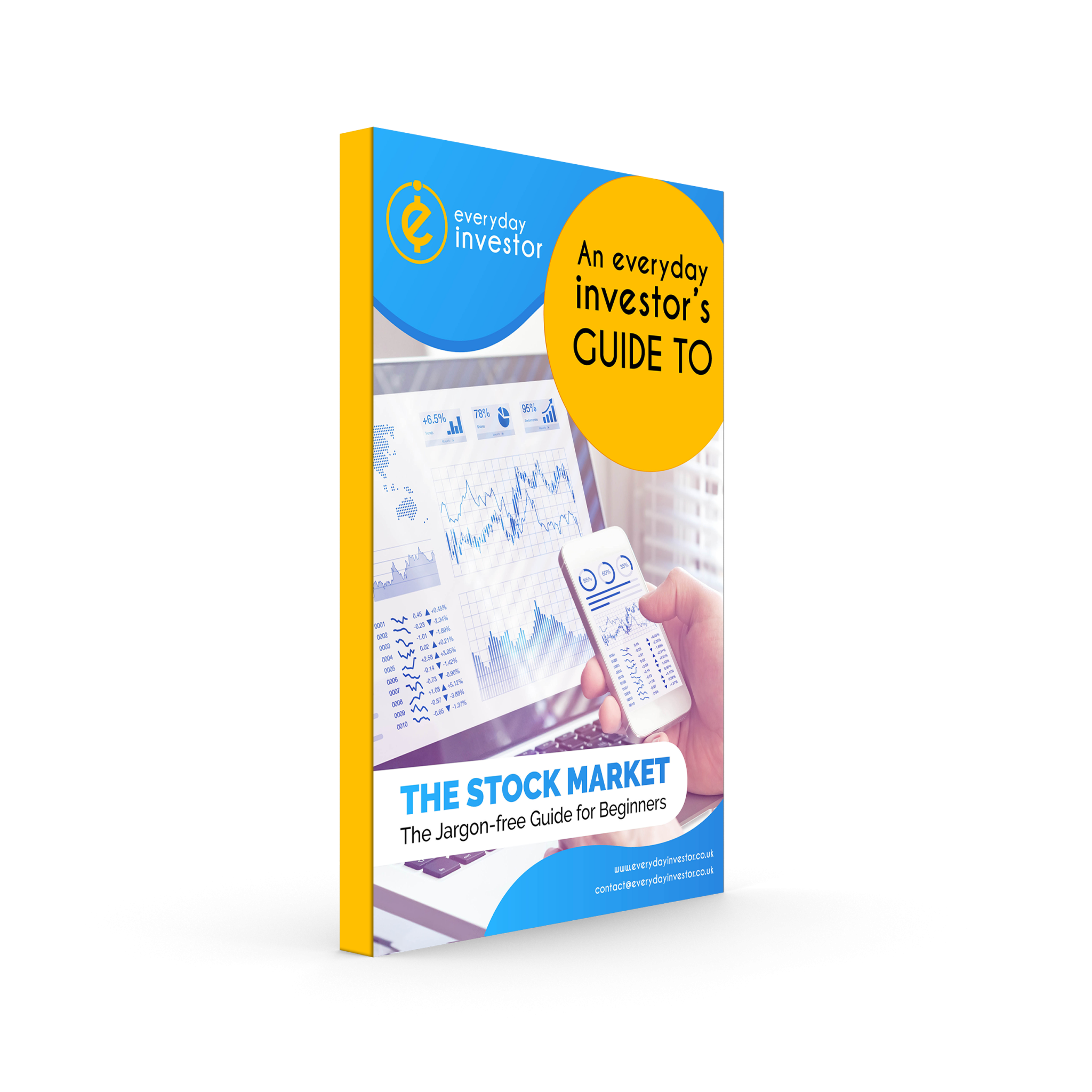Who is Neil Woodford?
Back in 2019 Neil Woodford was all over the news. We will explain why but first let’s take a step back and explore who he is and what he did.
Woodford was a fund manager. In 2019 he was perhaps the best-known fund manager in the UK and featured regularly on stockbrokers “best buy” funds lists.
A fund is essentially a pool of investors money. Investors can buy a stake (share) in fund traded on the stock market. A fund manager takes the collective pool of money and invests it with a view to providing a return. There are different types of managed funds.
Some aim to grow the total value of the fund over time, thereby allowing investors to sell their stake at a higher price than the price they bought it for. Then there are income funds where the fund manager is making investments in an attempt to provide a steady stream of income.
Woodford had a reputation of investing for growth. He tended to invest in companies that were at an earlier stage in their life, with the potential to grow in the long-term.
Neil Woodford’s background
Oxford-based Neil Woodford rose to investing prominence at Invesco Perpetual who are one of the largest investment management companies in the UK. He spent 26 years at the company, becoming the head of investments and enjoyed a phenomenal track record of returns.
In 2014 he left the company to set out on his own. His management company Woodford Investment Management was formed and he began to establish his own investment funds.
Why was everyone talking about Neil Woodford?
Woodford managed three funds:
- The LF Woodford Income Focus Fund. Launched in 2017 Woodford’s company stated the fund was designed to provide a “higher level of regular and sustainable income”.
- The Woodford Patient Capital Trust. The company claimed this fund invested in “disruptive early-stage companies”.
- The LF Woodford Equity Income Fund – This was the first fund Woodford launched with the intention of providing growth and income.
The flagship fund, the one Neil was most re-known for was the LF Woodford Equity Income fund. It had featured in the Hargreaves Lansdown list of top 50 favourites and was popular amongst UK investors.
On the 3 June 2019 Woodford Investment Management announced that the dealing of shares in the fund would be suspended until further notice. This left institutions and private investors alike, unable to access the money they have invested in the fund.
What happened to Woodford’s funds?
The LF Woodford Equity Income Fund had been going through a bad run with investors seeing continued negative returns. A number of companies he backed had suffered from poor performance. This adversely affected the value and therefore share price of the fund.
An increasing number of negative news stories turned up the heat of Woodford and placed the performance of the fund firmly in the public eye. Investors began to grow frustrated with the lack of returns and became concerned about the growing level of risk. In the financial markets fear often breeds fear. A flurry of investors withdrew their money from the fund, reducing the pool of money managed by the fund from ~£10bn to ~£3.7bn.
When Kent County Council attempted to withdraw its £238m stake from the fund (part of their pension fund). Ultimately the fund took the decision to suspend dealing.
Why was there a problem?
Many of the investments the fund made were in unlisted companies. These are private companies not traded on the stock market. The problem with this is that selling them is a much longer process. With a public company listed on the stock market the share price is always available and shares can be sold quickly. With a private company it is a case of valuing the company, to determine the current share value and finding a buyer for the shares.
Being unable to quickly sell investments to raise cash left the fund struggling to meet the level of requests being made by investors to sell their stake. Woodford moved to suspend the fund, effectively blocking investors from withdrawing their money. It also prevented investors from buying into it.
He released a statement to investors of the fund saying he was ‘extremely sorry for putting you in this situation’ and thanked investors for their patience.
What happened next?
Woodford initially said we was working to rebalance the portfolio of investments the fund has. He was looking to move away from unlisted investments. Instead he was looking to rebalance the fund towards investing in listed companies such as those in the FTSE 100 and FTSE 250.
However, the fund was frozen and following an investigation by the Financial Conduct Authority, a deal was finally made in 2023 with the funds administrator to compensate investors.
What can we learn from the situation?
Investing is a long-term strategy. As always with investing you shouldn’t be putting money in that you will need back quickly. Even in cases where dealing isn’t suspended you may be forced to sell your stake at a bad time if you are investing money you will need back quickly.
It is also important to be clear on your investing goals. Do your research and when investing in a fund. Ensure you understand the strategy of the fund and the level of risk involved. Woodford had always been clear on what his strategy was and it was very much one of long-term growth. We can now see that this was too long-term for many of the funds investors.
It’s really important for investors to understand how a fund managers strategy aligns with their own goals. Avoid simply investing in a particular fund because it appears on a list of recommended funds. Always do your own research.
If you’re keen to learn more make sure you check out the rest of our website or grab a copy of our free Beginner’s Guide to Investing in the Stock Market.
*Statement quotes from Woodford Investment Management Ltd (woodfordfunds.com)
Image credit: YouTube
All our content is provided for educational purposes only, to help you make your own decisions. We don’t provide personalised advice and therefore our content should not be considered an invitation, inducement or recommendation to engage in any particular investment activity. Please review our disclaimer and website terms for full details.








